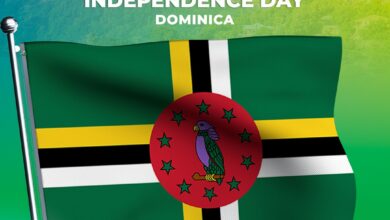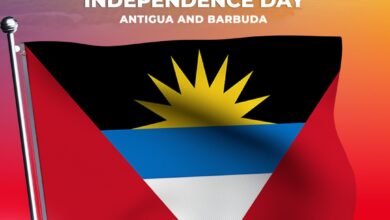(CARICOM Secretariat, Turkeyen, Greater Georgetown, Guyana) A pleasant good morning, On behalf of the Government and people of Belize as well as the board of directors, management and staff of the Statistical Institute of Belize, it gives me great pleasure to welcome all of you to the opening ceremony of the 36th Standing Committee of Caribbean Statisticians Meeting, the 21st Regional Census Coordinating Committee Meeting and the 4th Regional Statistics Research Seminar. These three events, which are mostly held on an annual basis and rotate among the twenty member states and associate member states of the Caribbean Community, are substantively serviced by the CARICOM Secretariat.
Belize last hosted the SCCS and RCCC meetings in 1992. At that time, I was the newest statistician at the Central Statistical Office, having just completed my undergraduate degree in Business, Economic and Social Statistics at the University of the West Indies, Mona. Since the University of the West Indies had introduced the bachelor’s degree in BESS at the behest of the SCCS, I was asked by the meeting to give a brief report of my experience being the very first graduate of the programme. In going through the list of current heads of national statistical offices in CARICOM, it is noteworthy that Mr. Lennox Benjamin of the Guyana Bureau of Statistics is the only remaining chief statistician that was present at the meeting in 1992. Please join me in commending him for his longevity. Most, if not all, of his contemporaries have retired and sad to say, a few have died after retirement.
For the benefit of those persons who are not familiar with the organization of statistics at the regional and international levels, I will take a moment to explain this organization. At the top of the global statistical system is the United Nations Statistical Commission, which is a functional commission of the UN Economic and Social Council (ECOSOC). The work of the UN Statistical Commission is carried out chiefly through the United Nations Statistics Division, headquartered in New York, and regional commissions such as the Economic Commission for Latin and the Caribbean. The membership of ECLAC is made up of all countries in the Western Hemisphere and a few countries from Europe and Asia. For Statistics and several other UN purposes, the Caribbean Community is viewed as a sub-region of Latin America and the Caribbean. The Caricom Secretariat therefore serves as the link between our national statistical offices and rest of the global statistical system.
The main objectives of the Standing Committee of Caribbean Statisticians are:
• to foster increased recognition of the importance of adequate statistical services to the countries of the Region;
• to widen the scope and coverage of statistical data collection; and
• to improve the quality, comparability and timeliness of statistics produced.
This week, the body will be discussing its progress in national accounts, social/gender, environment and a host of other areas of statistics. The Caribbean Secretariat will be providing updates on training and developmental issues such as the formation of a professional association of statisticians and the updating of the terms of reference and rules of procedures of the SCCS as discussed by the Advisory group on Statistics.
The Regional Census Coordinating Committee, on the other hand, provides a forum for discussing matters related to the planning, execution, reporting and evaluation of censuses. Among the topics to be discussed at this week’s meeting are:
Let me extend a special welcome to all of our visitors, especially those who are visiting Belize for the first time. I trust your time with us while short will be enjoyable and memorable. We have organized a few activities to give you a sumptuous taste of our culture and way of life, which is similar to the rest of the Caribbean in many respects but very unique at the same time. Again welcome to all!




